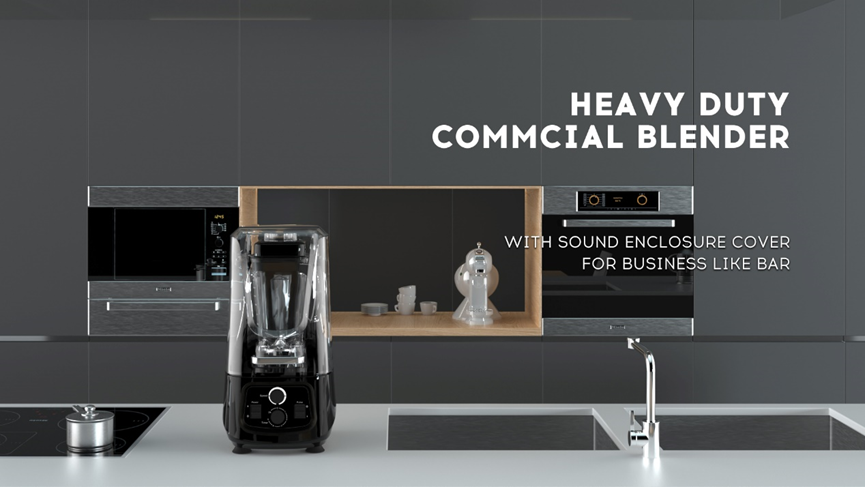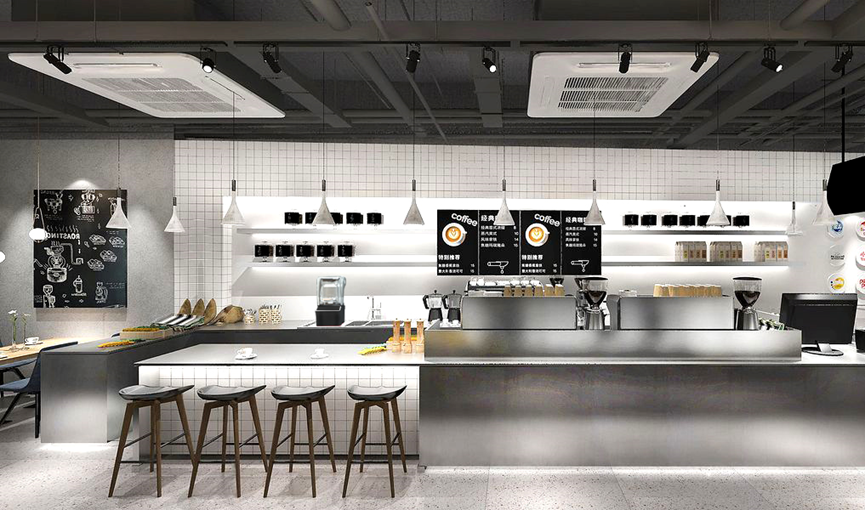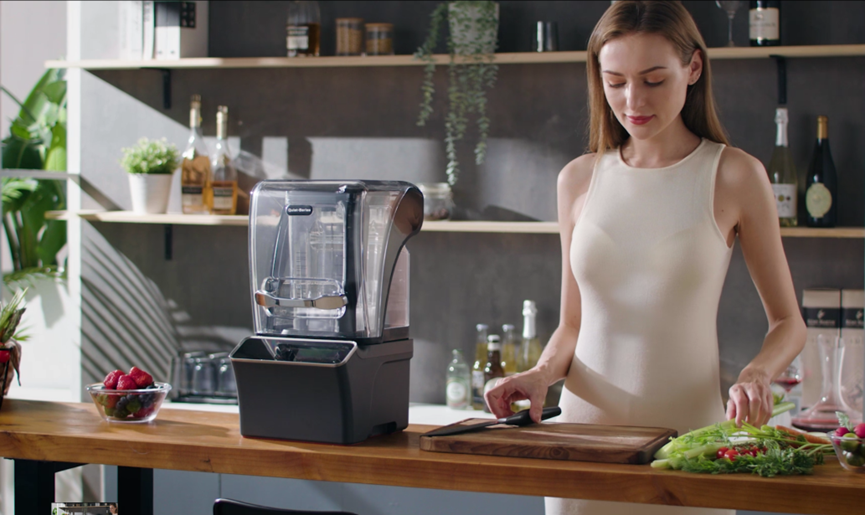Exploring the Benefits of Bar Blenders with Sound Enclosures in Manufacturing
release time:
2025-04-12
In the realm of manufacturing and processing machinery, the bar blender stands out as a vital tool for achieving consistent and high-quality blends. However, the implementation of bar blenders with sound enclosures has further revolutionized their functionality. Understanding the advantages of these specialized machines can provide valuable insight into their importance in industrial environments.
Bar blenders are designed to mix and blend various materials, whether they be liquids, powders, or solids. Their efficiency is paramount in settings ranging from food processing to pharmaceutical applications. One notable challenge in using traditional blenders is the noise generated during operation. This is where sound enclosures come into play. By incorporating a sound enclosure, manufacturers can significantly reduce the noise levels produced during blending operations. This improvement not only enhances the working environment for employees but also ensures compliance with noise regulations in many industries.
The sound enclosure acts as a barrier that absorbs and mitigates sound waves, creating a quieter workspace. This can lead to increased employee satisfaction and productivity, as individuals can focus better in a less disruptive environment. Additionally, the use of sound enclosures can result in reduced fatigue for workers, ultimately contributing to a safer workplace.
Another advantage of bar blenders with sound enclosures is their ability to improve the quality of blends. By minimizing external disturbances, these machines can operate more consistently, leading to uniformity in the blending process. This is especially crucial in sectors where precision is key, such as the production of pharmaceuticals or specialty food products.
Moreover, sound enclosures can contribute to energy efficiency. With reduced noise levels, manufacturers may find it easier to operate their machinery for extended periods without causing disruption to other processes or adjacent areas. This operational efficiency can translate into cost savings and higher output.
In conclusion, bar blenders with sound enclosures provide numerous benefits that extend beyond simply reducing noise. They enhance the blending process's efficiency, improve workplace conditions, and ensure compliance with industry standards. For manufacturers looking to optimize their blending operations, investing in such advanced machinery can be a strategic decision. Understanding the role of sound enclosures in bar blenders is essential for any business aiming to stay competitive while maintaining a safe and productive work environment.
Bar blenders are designed to mix and blend various materials, whether they be liquids, powders, or solids. Their efficiency is paramount in settings ranging from food processing to pharmaceutical applications. One notable challenge in using traditional blenders is the noise generated during operation. This is where sound enclosures come into play. By incorporating a sound enclosure, manufacturers can significantly reduce the noise levels produced during blending operations. This improvement not only enhances the working environment for employees but also ensures compliance with noise regulations in many industries.
The sound enclosure acts as a barrier that absorbs and mitigates sound waves, creating a quieter workspace. This can lead to increased employee satisfaction and productivity, as individuals can focus better in a less disruptive environment. Additionally, the use of sound enclosures can result in reduced fatigue for workers, ultimately contributing to a safer workplace.
Another advantage of bar blenders with sound enclosures is their ability to improve the quality of blends. By minimizing external disturbances, these machines can operate more consistently, leading to uniformity in the blending process. This is especially crucial in sectors where precision is key, such as the production of pharmaceuticals or specialty food products.
Moreover, sound enclosures can contribute to energy efficiency. With reduced noise levels, manufacturers may find it easier to operate their machinery for extended periods without causing disruption to other processes or adjacent areas. This operational efficiency can translate into cost savings and higher output.
In conclusion, bar blenders with sound enclosures provide numerous benefits that extend beyond simply reducing noise. They enhance the blending process's efficiency, improve workplace conditions, and ensure compliance with industry standards. For manufacturers looking to optimize their blending operations, investing in such advanced machinery can be a strategic decision. Understanding the role of sound enclosures in bar blenders is essential for any business aiming to stay competitive while maintaining a safe and productive work environment.
More information





